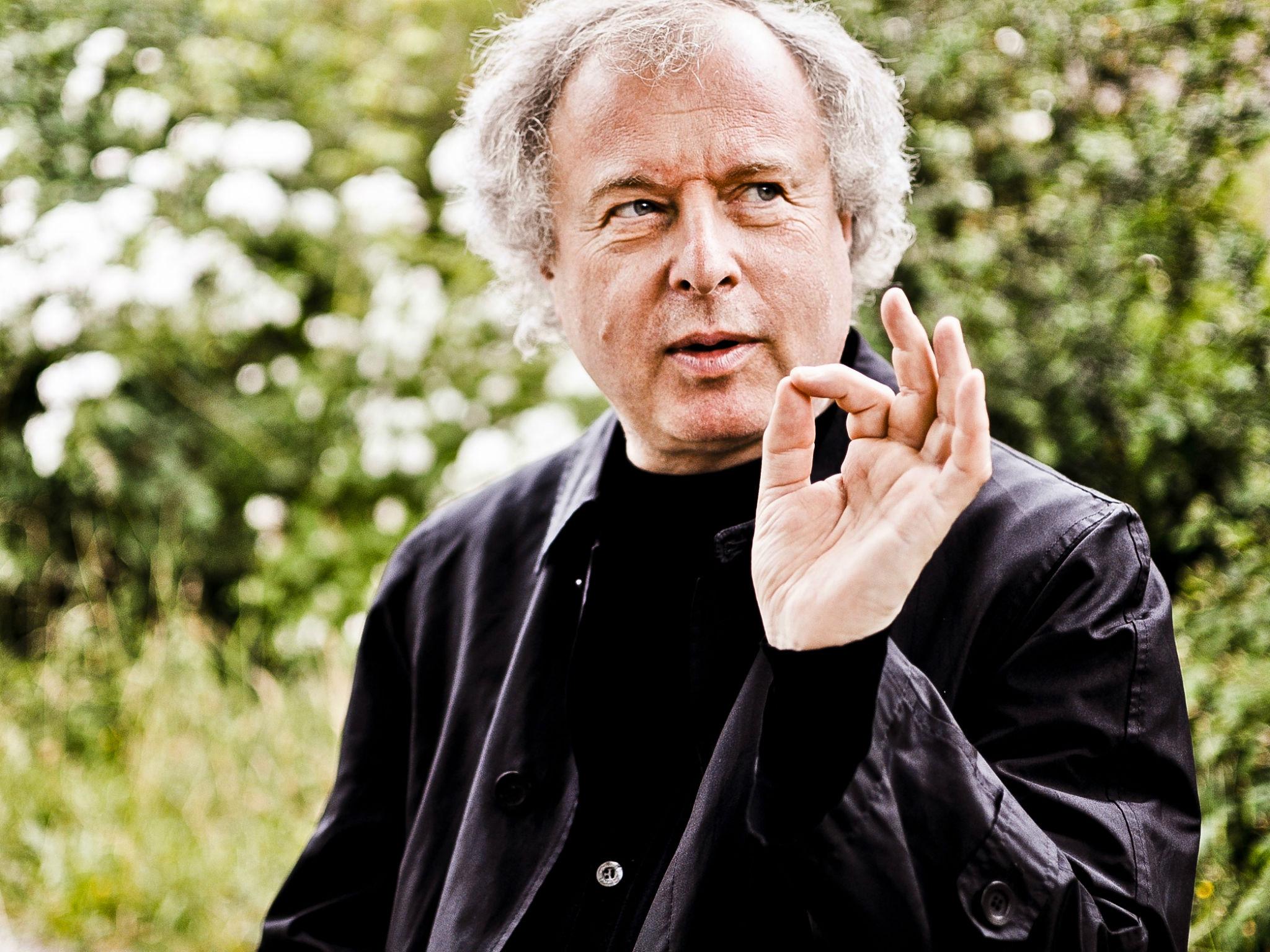András Schiff , Wigmore Hall, London, review: Programming at its most creative
The Hungarian-born British classical pianist and conductor performs Robert Schumann’s final piano composition and pieces by Bach, Mozart and Beethoven and Brahms

The composition of Robert Schumann’s final work – variations on a theme given to him in a dream by the spirits of Schubert and Mendelssohn – was interrupted by his attempt to drown himself by jumping into the Rhine, and its stark simplicity has terrible pathos. Most pianists give “Geistervariationen” (Ghost Variations) an inert passivity, but Andras Schiff took an unusual tack, breathing busy life into its inner voices as though disintegration could be a convivial affair.
Schiff himself has now reached a serene plateau in life where he no longer needs to prove anything; for him each recital is simply a chance to revisit often-played works, and to hold them up to the light in ways which can gently surprise. Thus did Bach’s severe and profound B minor prelude and fugue from Book One of the 48 come like a breath of cool air after the storm-tossed dramas of Brahms’s Opus 118 Klavierstücke. And thus could we appreciate the bracing transparency of Beethoven’s piano writing as Les adieux followed Brahms’s next group of densely-textured pieces – this was programming at its most creative. The changing colours and moods of Mozart’s sublime Rondo in A minor were rendered with crackling intensity; the Romantic effects of Brahms’s 3 Intermezzi became a grave celebration of dark foreboding, grief, and tenderness.
Subscribe to Independent Premium to bookmark this article
Want to bookmark your favourite articles and stories to read or reference later? Start your Independent Premium subscription today.

Join our commenting forum
Join thought-provoking conversations, follow other Independent readers and see their replies